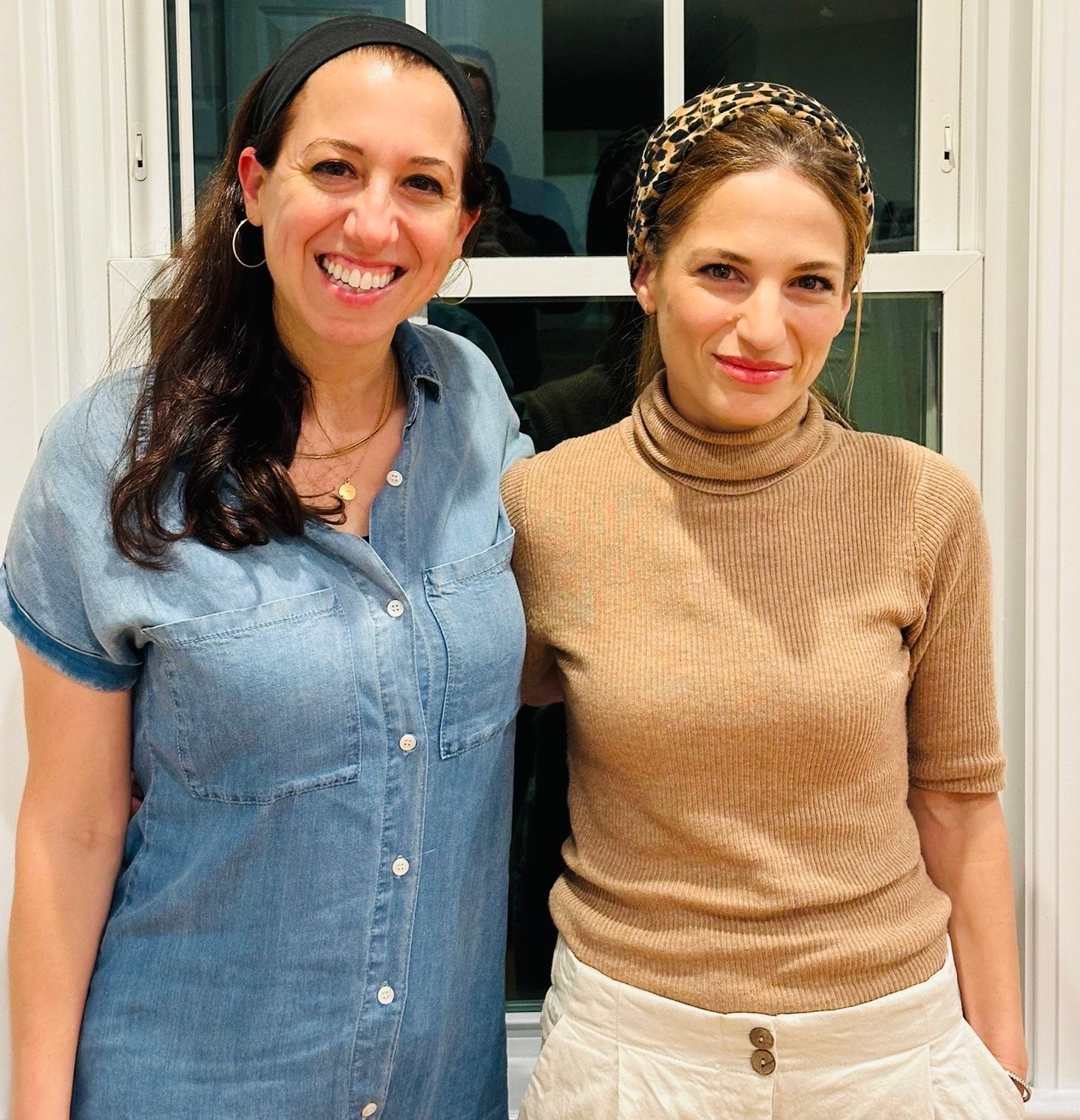Teaching During a Time of Crisis
A Year Later: Continuing the Conversation with Teachers in Israel
by Ziva R. Hassenfeld
 What happens in a classroom when a country has suffered a series of attacks that shake its sense of security? What pedagogies take priority when teachers and students are forced to educate and learn during a time of war?
What happens in a classroom when a country has suffered a series of attacks that shake its sense of security? What pedagogies take priority when teachers and students are forced to educate and learn during a time of war?
These questions guided my research when I spoke to teachers in Israel immediately after the October 7th Hamas attack and the outbreak of the war. Teachers were forced to move their classrooms online, navigating the unique challenges of distance learning while their students endured the trauma of ongoing conflict. As I interviewed teachers, I sought to understand how they thought about their classrooms and teaching priorities, even as disasters continued to unfold around them.
With the help of two amazing research assistants, I interviewed 41 Israeli teachers during the three weeks following the October 7th terrorist attack, asking how they prioritized their responsibilities, particularly in relation to mandated curricula. The interviews revealed that most teachers placed students’ well-being above all else during the crisis, including curricular goals. However, what teachers considered essential for student well-being varied significantly, especially in relation to whether and how to adhere to the curriculum. Interestingly, teachers who did follow the curriculum often did so because they believed it was a way to provide care and stability to their students. The greatest insight from this research was the reminder that learning is always happening. The researchers’ job is to find it and measure it, even when that takes us to more expansive domains and requires us to look beyond the comfortable metrics of exams and standardized tests.
The findings of this research have been featured in eJewishPhilanthropy (“‘Something has broken’: Teachers in Israel are straining to provide stability and support for their students,” December 14, 2023) and Edunow (“The Professor from the USA Asked, and the Teachers in Israel Answered: A New Study on Teaching During Wartime,” December 3, 2023). Additionally, I presented the research at the conference “Education in a Time of War and Crisis,” organized by Professor Hannah Kehat, an Israeli scholar and founder of Kolech, who is known for her work in education and religion.
One year later, the sad reality is that the war in Israel-Gaza continues, and now there is also a war with Hezbollah in Lebanon. But every day the teachers still go to teach, and the students still fill the classrooms. I felt a need to return to these teachers and interview them again. To deepen our understanding of the psychological dimensions of teaching during a time of war, I invited Dr. Hadar Fisher, a licensed clinical psychologist in Israel and a researcher in the psychiatry department at Harvard Medical School and McLean Hospital, to join the project. Her expertise in clinical psychology will be invaluable in examining the emotional toll on teachers and students alike. Dr. Fisher’s expertise will allow us to explore how trauma manifests in educational settings and how teachers manage both their own mental health and that of their students while balancing academic priorities. Her perspective ensures that we not only document the logistical and pedagogical shifts, but also the profound psychological impacts of teaching in such extreme circumstances.
As I continue this research, my goal is to tell the story of this war as it is reflected in the education system in Israel and experienced by teachers and learners alike. These educators’ priorities—balancing curriculum, emotional support, and the demands of war—highlight the vital role education plays in providing stability and hope during times of crisis. These teachers’ experiences offer powerful lessons for teachers and policymakers globally, and their voices deserve to be heard now more than ever.